Are you your business' best friend or worst enemy?
You may have heard the expression, “You are your own worst enemy.” For us in sales, we are the key to whether our sales go great or whether they falter. Maybe you’re tempted to think that your enemy is the stock market, the price of oil, or your new competitor who has a product similar but less expensive than yours. The reality is, limiting beliefs are what we need to look out for first.
A “limiting belief” is any thought or opinion that, with or without evidence, we hold as true and which keeps us from pursuing our goals and desires. Left unchecked, these beliefs undermine motivation and keep us from meeting goals. Everyone, even famous people you’d never expect, has some amount of limiting beliefs.
Here are two thought patterns I see sabotage good salespeople:
Cognitive dissonance: believing two contradictory things to be true at the same time i.e.— sales is pushy and sales is serving others
Imposter syndrome: believing you’re not as competent as those around you or that your success has not come legitimately by your own effort. i.e.—”Why did I think I could do this?”
To perform our sales activities with dignity and persistence, we want to develop a habit of challenging these limiting beliefs.
For the next week, pay attention to what you’re hearing yourself say in your head—that self talk no one else hears. Write them down if you have the opportunity. Does it tend to build you up or tear you down? Do you notice that inner-voice sometimes talking you out of doing good sales work?
It’s super important to stop negative self-talk in its tracks.
You may be thinking that’s easier said than done. It does take time and attention to notice our self-talk, but it’s not as difficult as you might think to change what we tell ourselves.
There are two main ways I talk about how to notice what we believe about sales—internally and externally.
Look internally—build beliefs from inside yourself.
You have value as a seller and as a human simply for being a human being. What you offer IS valuable. You may want to create affirmations around these ideas and keep them written where you can see and rehearse them. Understand the deeper reasons why people really buy from you (not just features and benefits.) When we know the value we bring to others, we build our own confidence to provide that value. We must always be mindful of our environment and self-talk.
Look outside—build beliefs from confirming evidence.
Confirming evidence includes “proof” that people trust us and that what we do helps other people. Referrals from clients, compliments, endorsements, case studies, and testimonials are all proof. This data outside of your own mind proves the value you bring in sales. Keep track of these experiences in a visual way. Make a chart, spreadsheet, or computer wallpaper and note when people give you these endorsements. I like to put a marble in a jar every time I hear a testimonial of how I’ve helped someone. Seeing that jar is very encouraging!
Building belief both inside and outside is a key way to be our own best friend in selling rather than our own worst enemy.
Would you share the article with another sales professional or business owner who needs encouragement right now?

